The 7 Easiest Sustainable Swaps
New habits start now. Here are our 7 easiest steps to more sustainable living. Go ahead, make an impact on Mother Earth that’s positive without drastically altering your daily routine.
![]()
Ditch Plastics (of all kinds)
Plastic bags of all shapes, sizes and purposes can be found everywhere from the grocery store to your own kitchen drawer. We’re sure you’re already keen on using a reusable bottle for your water, but you shouldn’t stop there.
The war on plastic has only just begun and many states have already banned the use of plastic bags in grocery stores. If you aren’t already, start collecting reusable bags you can use for your grocery-gets. Just remember that your reusable tote also took a lot of energy to generate so try to not go purchase crazy, swapping your reusable bag each and every season. Instead, pick a good one and use it as long as you can!
Ziplocks? Say hello to the future where you don’t need single-use bags for food storage. It’s much better to use a tupperware or something clever like these reusable silicone bags or these bee’s wraps. Have an obsession with using cling wrap? You’ll love these!
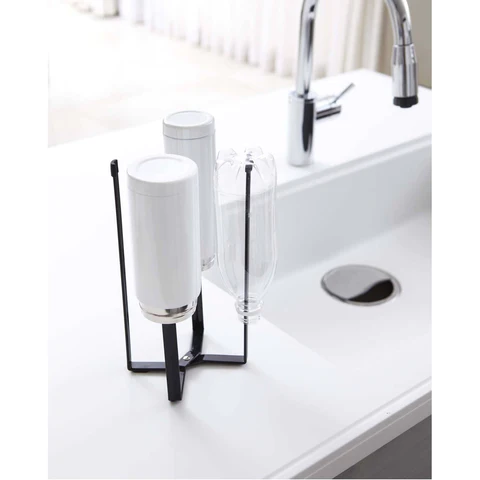
Make It Easier On Yourself To Reuse Items
We all have the best intentions when we think of reusing glass bottles and other non-recyclables. However, the cleaning of these items so that they can be repurposed is easier said than done.
Make it easy on yourself by getting a tool to make it possible. With a bit of dish soap, and the right bottle dryer or dish rack reusing items like bottles, jars and containers just….
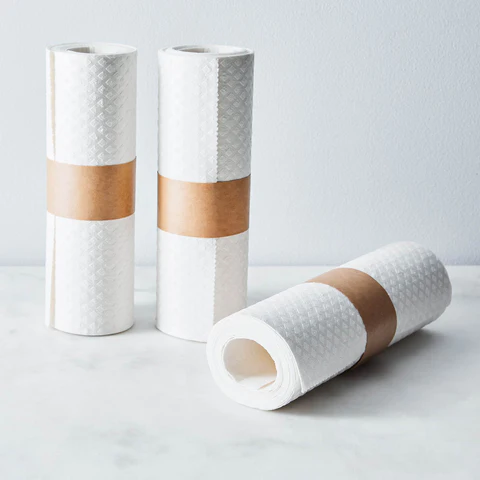
Rid Yourself of Single-Use Items
Think of all the most-used single-use items around you home. We bet paper towels is near the top of your list, possibly followed by certain tea’s packaged in plastic or paper plates. Guess what? These are easy switches to make the next time you’re replacing an item at the grocery store.
Paper towels? Instead, get yourself a nice set of hand rags, dish towels and try taking reusable paper towels for a spin. Plastic tea bags? Start buying paper-packaged tea instead or loose leaf tea that you can steep in a tea infuser that you may very well keep for the rest of your life.
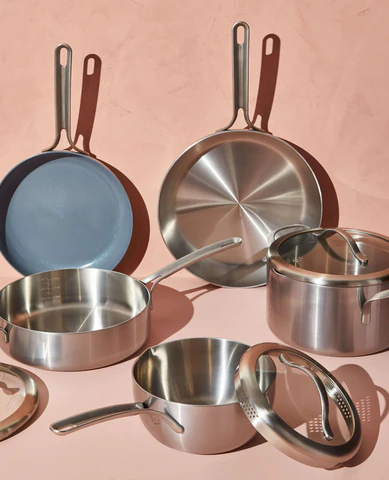
Invest in Nontoxic Cookware
Healthy cooking starts with two things: your cookware and your ingredients. By investing in a cookware that is nontoxic, not only will you be avoiding harmful coatings or materials from working their way into your food, but you’ll also likely hang on to these objects for their entire lifetime—creating less waste around the house to be donated, recycled or landfilled in your future.
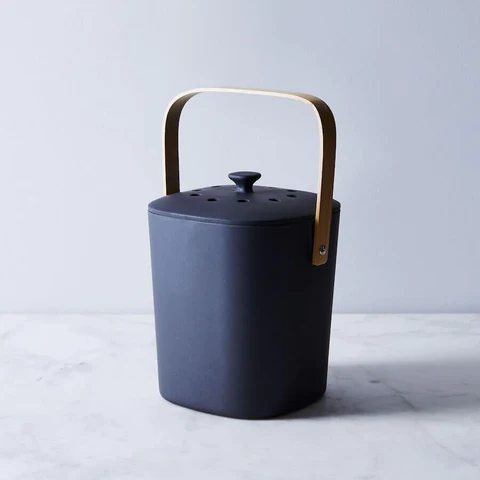
Compost Food Scraps
You would be surprised by how much food winds up in the trash (and then after that, in landfills) every day. Start collecting this food waste generated by expired items, and the cut offs from cooking dinner in a compost bin. For nearly everyone, food waste is an inevitable part of daily life but if everyone started their own home composting it would cut down on waste and supply everyone with garden-rich byproduct. Speaking of food waste, get a good pair of clips and containers to store food in so it doesn’t go stale too fast.
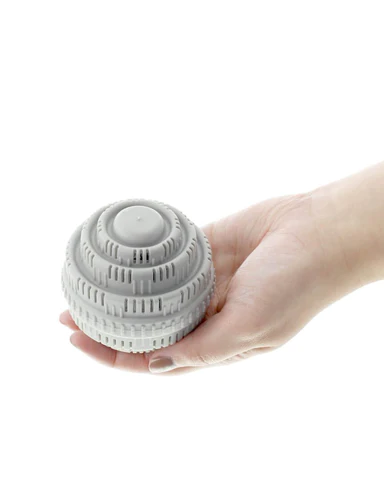
Catch Your Microfibers
Before they hit waterways, catch your own microfibers straight from the wash. Microfibers come off your clothes, towels and other washables by the millions every time they go through a load of laundry. Because they are so tiny, they head straight into our waterways, eventually making it into our oceans and unfortunately, near other wildlife we eventually may eat. Start using garment bags or something like this MojaFiber Laundry Ball. These items are great because they are also portable making it easy to take it with you on any road trip or travel plans where you may need to wash a few garments at a time.
Use Plant Based Products to Clean
Using products dedicated to safer chemistry and safer ingredients for your home is the best way to ensure your household is more sustainable and less toxic. Think of the areas you clean every day, every week and every so often. Get objects in your home clean without any toxic chemicals in the air by using safer, non-toxic cleansers like Boulder Clean dish soap, and glass or all-purpose cleaners.
